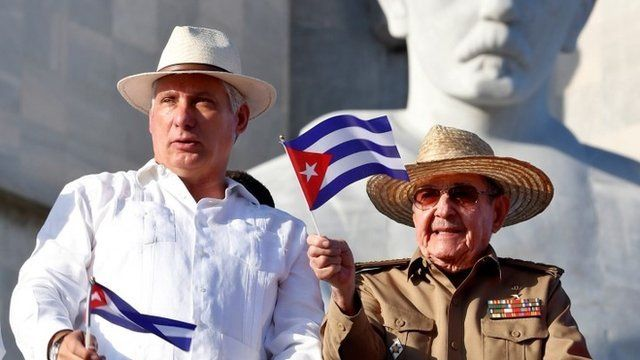The Supreme Court of Justice of Mexico (SCJN) has issued a groundbreaking ruling: works generated exclusively by artificial intelligence (AI) cannot be considered copyrightable in Mexico. Therefore, such content is considered public domain, as it is not human-made.
This was the ruling of the Second Chamber of the Court, denying the injunction requested by Gerald García Báez, who attempted to register an AI-generated avatar with the National Copyright Institute (Indautor).
García Báez filed a request with Indautor to protect the work entitled "Virtual Avatar: Gerald García Báez." The piece, a graphic representation of himself for augmented and virtual reality environments, was created using the generative artificial intelligence system Leonardo AI, to which García provided photographs and instructions.
In his application to Indautor, he also requested that moral rights be recognized in favor of the AI system, while he, as a user and contributor of creative input, claimed property rights.
The Public Copyright Registry Office rejected the application, arguing that the work was not derived from a human creation, but rather an artificial one. It noted that, under the Federal Copyright Law (LFDA), only original works that are expressions of the individuality and personality of a natural person can be protected. Thus, any content generated completely automatically by AI is excluded from this protection.
Amparo
García Báez first filed a nullity action before the Federal Administrative Justice Tribunal (TFJA), and subsequently a direct amparo action. He then asked the Supreme Court to hear the case due to its "importance for the Mexican State," which was accepted by the Second Chamber in January 2025.
The SCJN's unanimous ruling was resounding: "The justice system of the Union does not protect Gerald García Báez," the Second Chamber ruled. The reporting judge, Lenia Batres Guadarrama, led the constitutional review of the case, based on the legality of the Indautor resolution and the TFJA ruling.
In its analysis, the Court held that Articles 3 and 12 of the LFDA are clear in establishing that only natural persons can be considered authors.
"The author must be a natural person. It cannot be a synthetic or artificial entity," the ruling reiterated.
In its view, the creativity, originality, and individuality required by law can only arise from human experience, emotions, and intellect. Consequently, no artificial intelligence system, no matter how advanced, can meet these requirements.
The Court cited previous jurisprudence and pronouncements from international organizations such as the UN Human Rights Council, which define authorship as an exclusively human right. It also ruled out the possibility of applying foreign legal criteria, such as those of the United Kingdom, Australia, or South Africa, as they are incompatible with the principle of territoriality in force in Mexican law.

